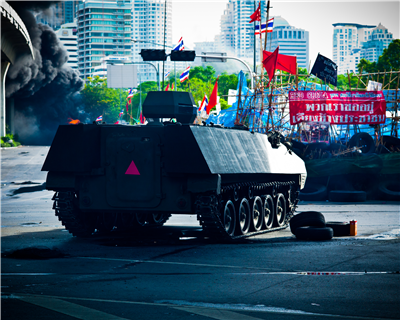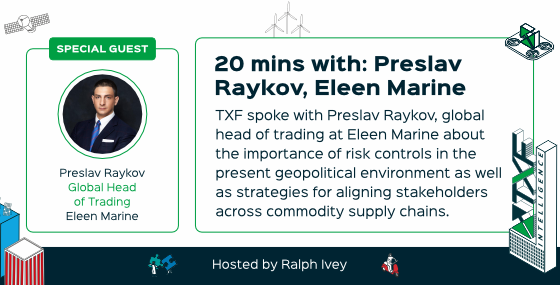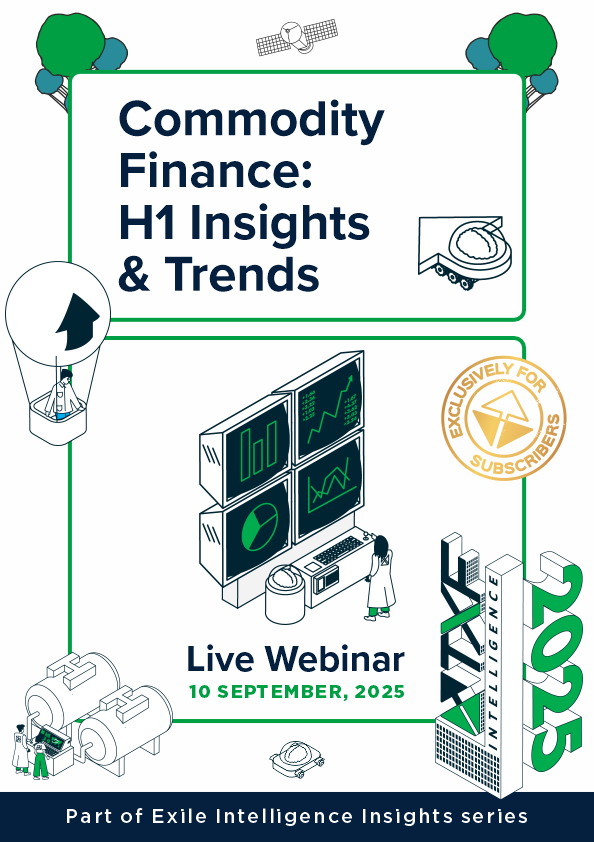Political risk and political violence in South-East Asia
Political volatility and political violence have increasingly provided cause for concern in South-East Asia over the course of 2016. Concerns include an uptick in domestic protests in response to the prolonged scandal involving the Malaysian sovereign investment fund, 1Malaysia Development Berhad (1MDB).

Political volatility and political violence have increasingly provided cause for concern in South-East Asia over the course of 2016. Concerns include an uptick in domestic protests in response to the prolonged scandal involving the Malaysian sovereign investment fund, 1Malaysia Development Berhad (1MDB). The continued junta rule in Thailand will also likely contribute to renewed political tensions. In addition, the newly elected Philippines President Rodrigo Duterte’s war on drugs and other controversial decisions are also likely to contribute to nationwide unrest. The territorial disputes in the South China Sea are persisting as China rejects a judgement awarded by an international tribunal and political violence and terrorism continues to threaten South-East Asia as the rise of the Islamic State leads to terror attacks in Indonesia and Malaysia.
Political volatility and the frequency of terrorism events could be a hurdle to investment and growth in the region, especially when the Asian Development Bank forecasts GDP growth for 2017 at 4.8%. Though investors and lenders are keen to participate in the region’s growth story, they will need to fully understand the political and credit risks in the region in order to mitigate and manage their exposure to them and to maximise their opportunities.
Malaysia
Controversy first surrounded 1MDB in 2015 when the Malaysian sovereign fund started to miss coupon payments to bondholders. Following which, a scandal unfolded, spurring involvement from various foreign governments in the alleged misappropriation of billions of dollars from the fund. Government officials who criticised the scandal were removed from their positions, a crackdown on the media’s coverage on 1MDB ensued and Prime Minister Najib was given sweeping security powers amid protests. With the clamping down on civil liberties in Malaysia and mounting discontent, rallies and protests are likely to continue, facilitated by opposition parties. This has resulted in increased concern from investors and reduced lending. In addition, low oil prices and a weak ringgit have put a drag on the Malaysian economy. 30% of the state’s revenues come from oil-related taxes and economic stagnancy is likely given the lack of alternative income. Heightened concerns in these areas have promoted activity in the private credit and political risk insurance (CPRI) market with investors and lenders seen actively managing and covering their investment exposures with the market. The CPRI market has previously been underweight on Malaysia and premium rates are still well within deal margins.
Thailand
Since the military seized control of the country during a coup in 2014, Thailand has been ruled under a strict military regime. Order might have been restored following a prolonged period of political unrest that led to Yingluck Shinawatra’s government being ousted but this came at the expense of civil liberties. Coup leaders have also granted the army sweeping powers to arrest and detain criminal suspects, entrenching military control over the country. Results of a vote on the junta’s proposed draft constitution in August 2016 suggest an election next year. It is likely that Thailand will transition towards democracy, however, it should be noted that the constitution only offers semi-democracy whereby future elected governments will be supervised by the military. There is a significant risk of large-scale protests in Red Shirt strongholds in the north and northeast of Thailand as well as in Bangkok as the government implements measures to ban or weaken opposition parties, in particular those supporting Thaksin Shinawatra, the former prime minister.
Historically, Thailand has experienced several transitions between military rule and democracy. Since the coup in 2006, in which Thaksin was overthrown, continued political volatility has become a norm in Thailand and with another transition back to military rule in 2014, there has been prolonged impact on the economy. As such, investors and lenders are likely to take a wait-and-see approach for 2017. The CPRI market continues to offer coverage for Thailand and insurers have taken into consideration the country’s recurring government transitions and political risk insurance premium for Thailand has been creeping up over the past few years.

Philippines
Following his successful election in May 2016, President Duterte pledged to crack down on drug dealers and criminal gangs, resulting in 1,800 individuals having been killed by the end of August 2016. President Duterte’s war against drugs and crime, and the trade off in allocating public monies could result in dissatisfaction amongst the Filipinos and potential unrest as budgets of the police, military and presidential office were raised at the expense of spending on health, agriculture, labour, employment and foreign affairs. President Duterte has also criticised the mining industry, declaring that the Philippines could do without this industry and warning mining companies to adhere strictly to environmental rules or risk being shut down. Though there is much potential in the Philippine mining sector, investors could face increased licence cancellation risks even though the president eventually adapted his stand and confirmed that mining permits will still be issued.
South China Sea
China’s historic claim to sovereignty under the ‘nine-dash line’ area of the South China Sea (SCS) was rejected on 12 July 2016 by the Permanent Court of Arbitration (PCA), alongside its proclaimed entitlement to the full exclusive economic zone (EEZ). The arbitration, initiated by the Philippines, commenced in January 2013. It is likely that the Philippines and China will seek a negotiated solution to their contested territorial claims, in spite of the ruling.
The Philippines and China are calling for restraint in the aftermath of the PCA ruling in order to avoid military escalation. It is likely that China will seek to further embed itself in the area by enhancing its land reclamation efforts on disputed areas as well as further exploiting traditional fishing grounds by encouraging expanded fishing by its fishermen militias. It is also possible that China will declare an Air Defence Identification Zone. The Chinese air force sent H-6K bombers alongside other aircraft on 15 July 2016 and advised that regular patrols of the SCS will continue indefinitely.
The Philippines is buoyed by the outcome of the ruling. Nonetheless, President Rodrigo Duterte has indicated that this ruling will serve as an opportunity for defining bilateral relations rather than legitimising any form of drastic action. Although the ruling provides legal support for the Philippines to operate in the SCS unimpeded by China, the international court does not possess the power to enforce this ruling. Duterte will have to respond to nationalist demands for control to be reasserted, particularly of the Scarborough Shoal, however this could lead to heightened hostility with China.
The SCS facilitates approximately $5 trillion of trade annually and significant fishery, oil and gas resources are also present there. The ruling will likely result in the Philippines regaining access to the oil and gas and fisheries of the SCS, which was denied by the Chinese naval blockades of 2012. However, timelines for these discussions with China are unconfirmed. President Duterte was elected amidst a commitment to promote the growth of the economy and requires Chinese investment in order to achieve this. As such, President Duterte will likely show restraint from enforcing the ruling by sending coast guard or naval vessels to patrol the Spratly Islands.
The favourable result of the tribunal for the Philippines may precipitate further claims from Brunei, Malaysia and Vietnam in particular. Existing trade ties with China have so far dissuaded these sovereigns from pursuing claims in the SCS.
Political violence/terrorism
The terrorism threat in Southeast Asia is evolving and there has been an uptick in attacks carried out by the Islamic State, with successful attacks in Indonesia and Malaysia most recently. Security measures throughout the region have been strengthened and authorities have detained suspected militants with ties to terrorist organizations, thereby avoiding serious incidents. With porous borders within Southeast Asia, security agencies of the various countries are working together to prevent further terror attacks. In August 2016 the Indonesian police arrested six militants with links to Islamic State, reportedly planning a rocket attack on Singapore. Throughout 2016, there have been lone wolf attacks in Jakarta, a grenade attack at a nightclub near Kuala Lumpur, the attempted suicide bombing in an Indonesian Catholic church and the recent bombings across various provinces in Thailand, including tourist spots like Hua Hin and Phuket. It is likely that there will be further IED attacks targeting tourist destinations in Thailand, such as Bangkok, Koh Samui and Phuket, as well as government offices and police stations outside the three southernmost provinces. The peace process between the government and Muslim-Malay rebels has been granted increased priority. However, it is likely that there will be further attacks against foreigners in the coming months as the Muslim-Malay rebel groups have exchanged statements of support with the Islamic State, indicating that it is evolving from prioritising an ethno-religious aim to having a wider Islamist objective.
Islamic State has an increasingly global reach and the risk across Southeast Asia has been raised. Law enforcement agencies throughout the region have stepped up efforts to counter this threat and we have seen increased interest from clients as they explore political violence and terrorism insurance solutions covering loss of revenue with the private political violence insurance market.
Mark Wong
Managing Director, Credit, Political and Security risks – Asia, JLT Specialty





